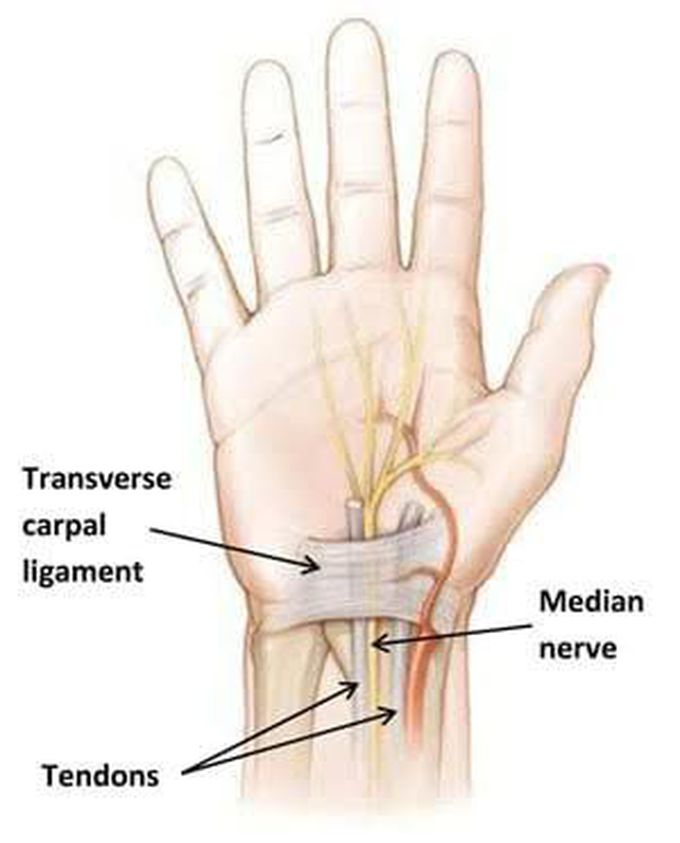


Treatment of carpal tunnel syndrome
Treat carpal tunnel syndrome as early as possible after symptoms start. In the early stages, simple things that you can do for yourself may make the problem go away. For example: Take more-frequent breaks to rest the hands. Avoid activities that make symptoms worse. Apply cold packs to reduce swelling. Other treatment options include wrist splinting, medications and surgery. Splinting and other conservative treatments are more likely to help if you've had only mild to moderate symptoms that come and go for less than 10 months. If you have numbness in your hands, you need to see a health care provider. Nonsurgical therapy If the condition is diagnosed early, nonsurgical methods may help improve carpal tunnel syndrome, including: Wrist splinting. A splint that holds the wrist still while you sleep can help relieve nighttime symptoms of tingling and numbness. Even though you only wear the splint at night, it can also help prevent daytime symptoms. Nighttime splinting may be a good option if you're pregnant because it does not involve the use of any medications to be effective. Nonsteroidal anti-inflammatory drugs (NSAIDs). NSAIDs, such as ibuprofen (Advil, Motrin IB, others), may help relieve pain from carpal tunnel syndrome in the short term. There isn't evidence, however, that these drugs improve carpal tunnel syndrome. Corticosteroids. Your provider may inject the carpal tunnel with a corticosteroid such as cortisone to relieve pain. Sometimes the provider uses an ultrasound to guide these injections. Corticosteroids decrease inflammation and swelling, which relieves pressure on the median nerve. Oral corticosteroids aren't considered as effective as corticosteroid injections for treating carpal tunnel syndrome. If carpal tunnel syndrome is caused by rheumatoid arthritis or another inflammatory arthritis, then treating the arthritis may reduce symptoms of carpal tunnel syndrome. However, this is unproved.

